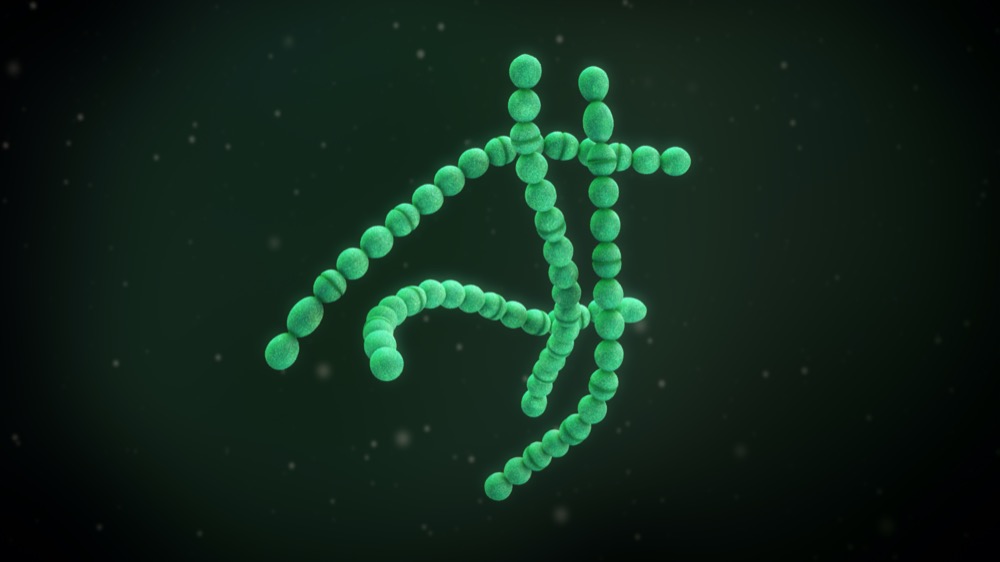Group B Strep (GBS) in Pregnancy: Risks, Tests, and Treatment

Group B streptococcus (GBS) is a type of bacteria found in 10-30% of vaginas. A woman with GBS can pass it to her baby during delivery. This can cause significant health problems or even threaten the baby’s life.
Treatment during labor and delivery helps prevent infection in your baby.
GBS is found in the digestive, urinary, and reproductive tracts of men and women. In women, it is most often found in the vagina and rectum. GBS is not a sexually transmitted disease. A person who carries a bacteria but shows no symptoms is said to be colonized.
Despite the name similarity, it is different from group A streptococcus, the bacteria that causes “strep throat”.
If a colonized woman passes GBS to her baby at delivery, the baby may develop GBS infection. This happens to only 1-2% of babies whose mothers have GBS. These infections can cause inflammation of the baby’s blood, lungs, brain, or spinal cord, and can lead to death in about 5% of infected babies.
The test for GBS is a simple and painless procedure whereby a swab is placed in the woman’s vagina and rectum to obtain a sample for culture.
The results of cultures are most useful between 36 and 37.6 weeks of pregnancy. If the test results are positive for GBS, you will receive antibiotics during labor to prevent GBS from being passed to your baby. Babies of women who are carriers of GBS and do not get treatment have more than 20 times the risk of getting infected than those who do receive treatment.
The antibiotics are only given during labor. The bacteria grows so fast that if treatment is given earlier, the GBS may grow back.
If you had a previous baby with a GBS infection or you had a urinary tract infection caused by GBS during pregnancy, you do not need to be tested.
Antibiotics are given through a vein. Penicillin is the antibiotic that is most often given to prevent GBS in newborns. Another antibiotic may be given if you are allergic to penicillin. Women planning a cesarean birth should still be tested for GBS because their bag of water may break or labor could start before the scheduled delivery date.
Pregnant women who do not know if they are GBS positive or have not yet been tested when labor starts should be given antibiotics if:
- They have pre-term labor
- They have a fever during labor
- Their water breaks 18 hours or more before delivery occurs. This means the fluid-filled amniotic sac that has cushioned the baby in the uterus throughout pregnancy has ruptured.
Citation:
- Group B Strep and Pregnancy. American College of Obstetricians and Gynecologists; 2021. July 2019.
- Prevention of group B streptococcal early-onset disease in newborns. ACOG Committee Opinion No. 797. American College of Obstetricians and Gynecologists. Obstet Gynecol 2020;135:e51–72.
- Your Pregnancy and Childbirth Month to Month. 7th ed. American College of Obstetricians and Gynecologists; 2021.
- Group B Strep Infection. March of Dimes. Nov 2013.
Let's stay in touch
Our monthly newsletter keeps you up-to-date on healthy lifestyle, latest news, and our practice.


